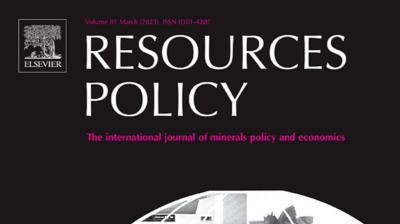Shaping public policies in poorly regulated natural resource rich countries: Lobbying games by domestic and foreign companies in Tanzania
Petroleum sector institutions in Tanzania are in their formative stages. Intra-governmental coordination is challenging and policy objectives are at times conflicting. A largely unregulated booming new sector provides incentives for rent-seeking and lobbyism. Existing research argues that the lower probability of being sanctioned for a corrupt act in poor countries, means that bribery is the preferred way to influence policy decisions, whereas lobbyism is more common in rich countries. By analysing and comparing the process behind the new petroleum legislation and the VAT Act in Tanzania, our study suggests that lobbyism in poor countries may be much more important than previously assumed in both the academic and policy-oriented literature. We argue that it is too simplistic to expect that businesses will prefer to bribe than lobby if both strategies can achieve the same goal. Larger, organized associations are able to mobilize more powerfully for their demands, partly by engaging professional tax consultants and lobbyists to promote their position to Parliamentarians and senior government officials. The enhanced role of the Big Four international accounting and consultancy firms in tax lobbying in Tanzania, is a reflection of the importance of lobbying and the substantial resources spent on influencing policymakers and legislators. When domestic and foreign companies have the same interests they may pool their resources to influence policy decisions. In contrast, when domestic businesses and petroleum companies have divergent views, a rational strategy for foreign companies would be to lobby on other arenas where their technical know-how could be applied.
http://www.nomadit.co.uk/dsa/dsa2016/







